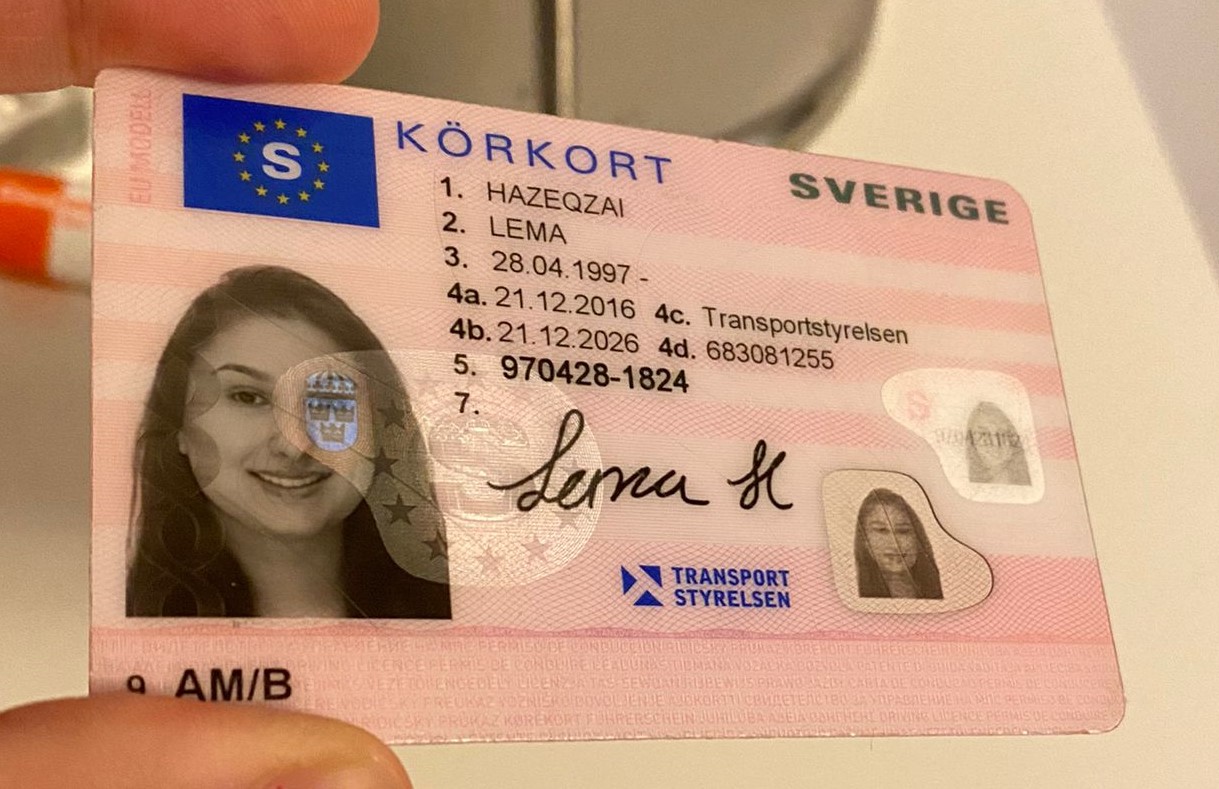The Future of Driving Licenses: ID Handling in 2025
As technology continues to develop at an unmatched rate, various sectors are welcoming innovations to enhance user experience and performance. One of the areas experiencing significant improvement is identity management, particularly worrying driving licenses. With the intro of digital licenses and advanced recognition techniques, the landscape of driving license ID handling is expected to go through substantial modifications by 2025. This short article explores the awaited advancements in driving license ID handling, the implications for users, and responses frequently asked questions about the future of driving licenses.
The Evolution of Driving Licenses
Driving licenses have generally functioned as a method of determining a person's authority to operate an automobile. They also serve multiple secondary functions, including age verification and identity confirmation for banking and travel. However, the physical card system has limitations, including risks of counterfeiting, loss, and out-of-date information. As society seriously counts on efficient and safe and secure recognition systems, the shift towards digital licenses is becoming significantly popular.
Present Trends in Driving License ID Handling
Digital Licenses: Many states are piloting digital driving licenses that permit users to keep their credentials on their smartphones. These digital licenses are created with innovative security features, consisting of biometric information, and can be scanned or shared firmly.
Blockchain Technology: Some jurisdictions are checking out blockchain to enhance the security and credibility of driving licenses. This technology makes sure that information can not be damaged which the data is quickly verifiable.
Facial Recognition: Increasingly used in recognition practices, facial recognition innovation can speed up the process of confirming an individual's identity against their driving license. This technology also helps in reducing scams and preserve the stability of the licensing systems.
Multi-Functional Licenses: Future driving licenses might integrate extra functions such as health records, travel documents, and even payment systems, supplying a thorough identity option.
The Benefits of Digital Driving Licenses by 2025
The shift towards digital driving licenses provides several advantages, consisting of:
Convenience: Users can access their licenses anytime, which removes the requirement for physical cards. This is particularly beneficial when individuals forget their license, as digital copies can be recovered quickly.
Security: Advanced security steps can lower the risk of identity theft, fraud, and unapproved duplication. Digital licenses often consist of encryption and biometric verification.
Performance: Reduced wait times at government workplaces and throughout traffic stops, as police can verify digital licenses instantly.
Ramifications for Users
While the improvements in driving license ID managing present many advantages, they likewise feature difficulties. Users need to adapt to new technology and ensure they comprehend the changes and their ramifications. Here are some factors to consider:
Privacy Concerns: With increased digital footprints, there will be increased issues over information privacy and how biometric data is saved and used.
Availability Issues: Individuals without access to mobile phones or digital technologies may deal with barriers to obtaining and using digital licenses.
Regulatory Compliance: With numerous jurisdictions embracing various systems and processes, users must know their local laws concerning digital licenses and identification.
Expected Changes in Driving License ID Handling by 2025
| Aspect | Existing Status | Expected Change by 2025 |
|---|---|---|
| License Format | Physical cards | Mainly digital licenses |
| Verification Process | Manual checks | Automated biometric verification |
| Security Measures | Fundamental holograms and features | Advanced file encryption and blockchain |
| Jurisdictional Differences | Fragmented procedures throughout states | More standardized national systems |
| User Interaction | In-person renewals and checks | Mobile applications for management |
Frequently asked questions
1. What is a digital driving license?A digital driving license is an electronic version of a traditional driving license that is saved on a mobile phone. It can be used for identification and verification in various scenarios, with boosted security functions to avoid scams.
2. How will digital licenses enhance security?Digital licenses make use of encryption and biometric data, making them harder to forge or abuse compared to conventional cards. Furthermore, blockchain innovation can ensure data authenticity and integrity.
3. Will everybody be required to switch to a digital license?While lots of jurisdictions are moving towards digital licenses, policies may vary. Users are motivated to contact their regional licensing authorities for particular guidelines.
4. What are the potential disadvantages of digital licenses?Some potential downsides include personal privacy issues concerning information storage, availability problems for people without smart devices or digital literacy, and the need for a robust regulatory structure to manage security and user rights.

5. How can I get ready for the shift to digital licenses?Stay informed about local initiatives regarding digital licenses, explore offered mobile applications for managing identification, and cultivate digital literacy to navigate new innovations confidently.
The future of driving licenses and ID handling is poised for considerable evolution by 2025. As digital licenses end up being more common, users will experience improved security, benefit, Körtkort and efficiency. However, alongside the benefits come obstacles that will need public awareness and adaptation. Stakeholders should focus on education, policy, and accessibility to guarantee a smooth transition that empowers individuals with the recognition tools of the future. As innovation advances, so too will the approaches through which society manages identity, particularly important in processes as basic as running a motor vehicle.








